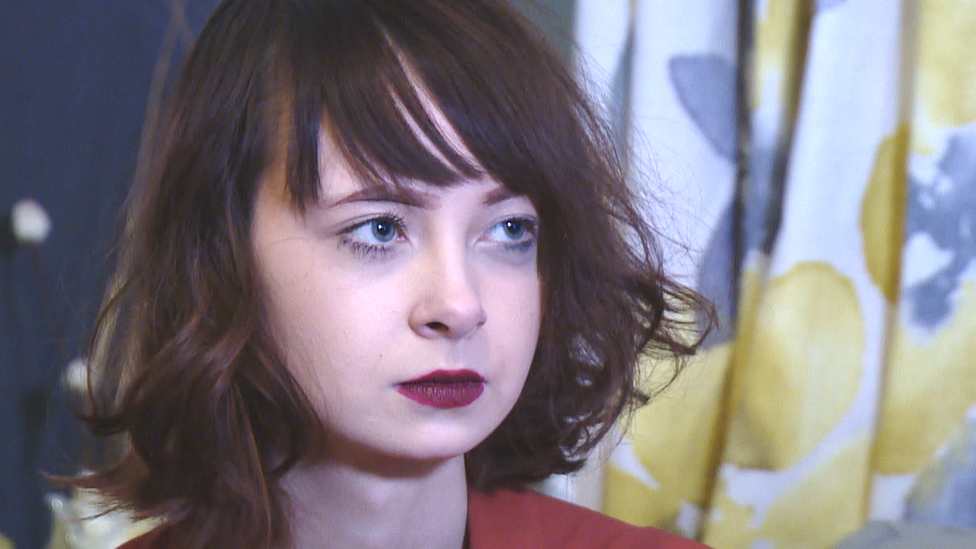Police Scotland investigate reports of spiking by injection
- Published
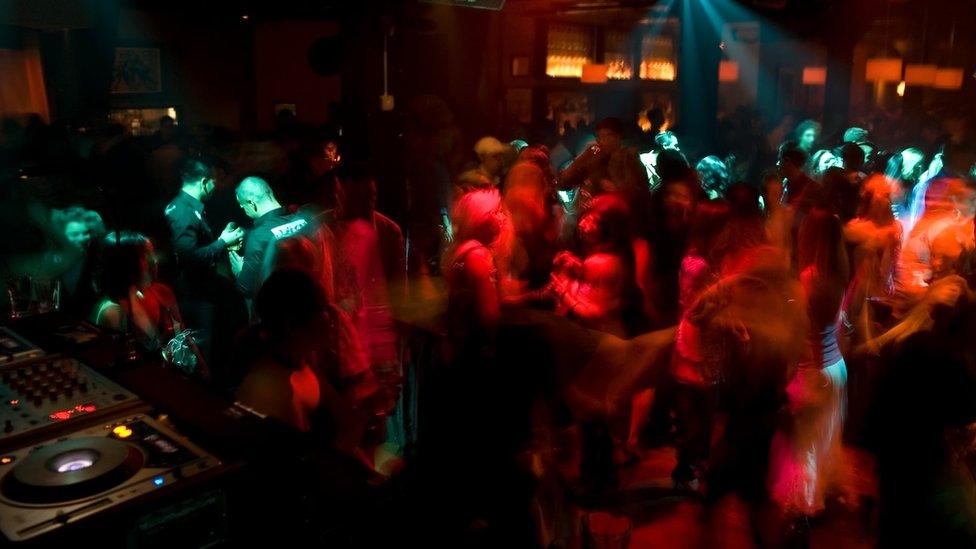
Police Scotland is investigating claims that women on nights out were spiked using injections.
Reports had been made to police in Edinburgh, Dundee, Glasgow and Aberdeen but the force said it did not think the cases were connected.
An 18-year-old student living in Aberdeen said she believed she had been spiked with a needle last Friday.
She was unwell for days, and noticed what she thought was a needle mark on her skin.
Aberdeen University student Emma, who asked for her surname not to be used, told BBC Scotland that even though she did not drink any more than usual, she had no recollection of the night after 01:30 on Saturday morning.
Friends made sure she got home safe but throughout the next day, Emma recalled feeling dizzy with hot and cold flushes.
She said she could not move without throwing up.
Emma added that "something just felt wrong" and it was not a hangover. She also noticed a mark on her chest, which she thought looked like a puncture with bruising surrounding it.
Emma added: "I wouldn't have even thought to check if I hadn't seen posts about it by other people online."
The teenager reported the incident to police but said she felt "dismissed" by officers.
She said she was told there was nothing officers could do because she had not had blood samples taken - and so there was no proof she had been spiked.
Emma said: "They told me to stick with my friends and be safe, [I feel] but this isn't something you can prevent from happening.
"It's not as if my drink was spiked."
NHS Grampian said anyone who suspected they had been spiked should seek medical advice.
Police have investigated reports of drink spiking for years, although very few cases have been prosecuted.
Police Scotland said it was aware of posts circulating on social media about spiking incidents involving injections in Scotland.
It said officers were carrying out inquiries, and a small number of reports from the Edinburgh, Dundee, Glasgow and Aberdeen areas were being investigated.
A spokesperson added: "These do not appear to be linked. We take all reports seriously and we would encourage anyone who believes they have been a victim of spiking in any form to contact police via 101."
Drugs used in drink-spiking are often referred to as "date-rape drugs", although they are not always used for sexual assault. Officers have previously said drinks are sometimes spiked "as a prank".
Call for nightclub boycott
An online campaign has now been launched as a response to reports circulating on social media of spiking via injection.
Martha Williams, a third year student at the University of Edinburgh, started the "Girls' Night In" campaign which is calling for the boycott of nightclubs.
Since the original campaign launched on Instagram, more than 30 other "Girls' Night In" accounts have been set up in various cities across the UK.
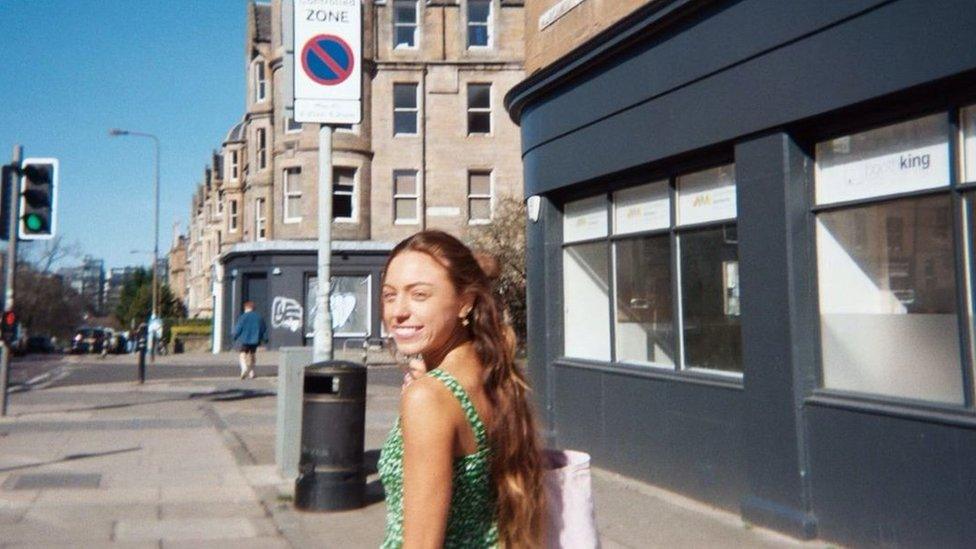
Martha Williams, 21, founded the "Girls Night In" campaign
Martha told the BBC: "At first I had no intention of it being a national thing as I had no idea the spiking was happening in other cities around the UK."
She said that the fact the campaign has spread around the UK was very empowering and "shows that people really care".
Martha said she hoped the boycott would "give the nightclubs a reality check and realise that people don't feel safe".
She added: "There is so much more that nightclubs can do that they aren't doing."
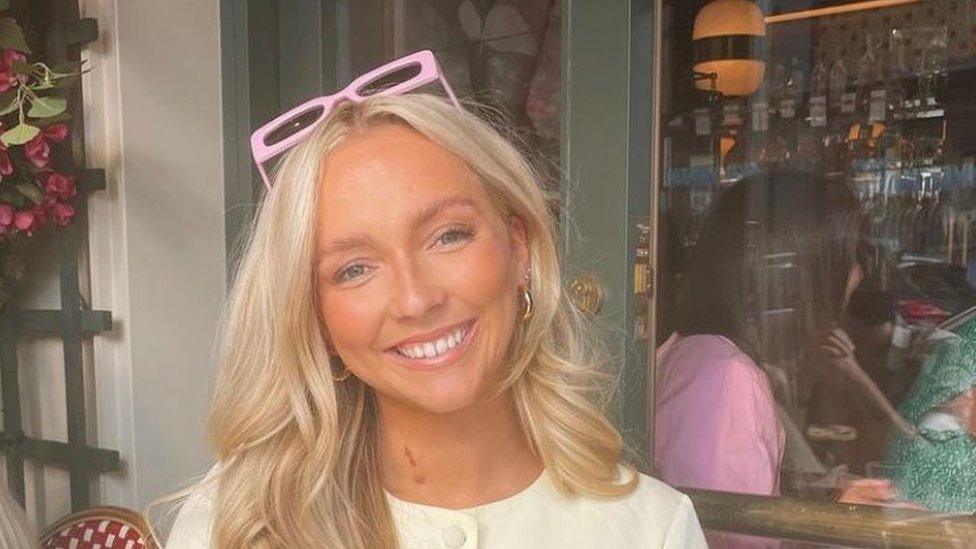
Hannah Thomson said the response to her petition, and the fact it will now be debated in Parliament, was "amazing"
A petition calling for compulsory searches at nightclubs has been signed by more than 100,000 people after a number of reported spikings by needle.
Hannah Thomson, 24, from Glasgow, said she set up the petition after seeing a report on social media about a woman being injected with a needle in Edinburgh.
"The response has been so much bigger than I thought," she said. "And we've done it, just through the power of young girls."
She said she thought searches could be done with metal detectors or pat-downs, rather than full airport-style security.
- Published20 October 2021
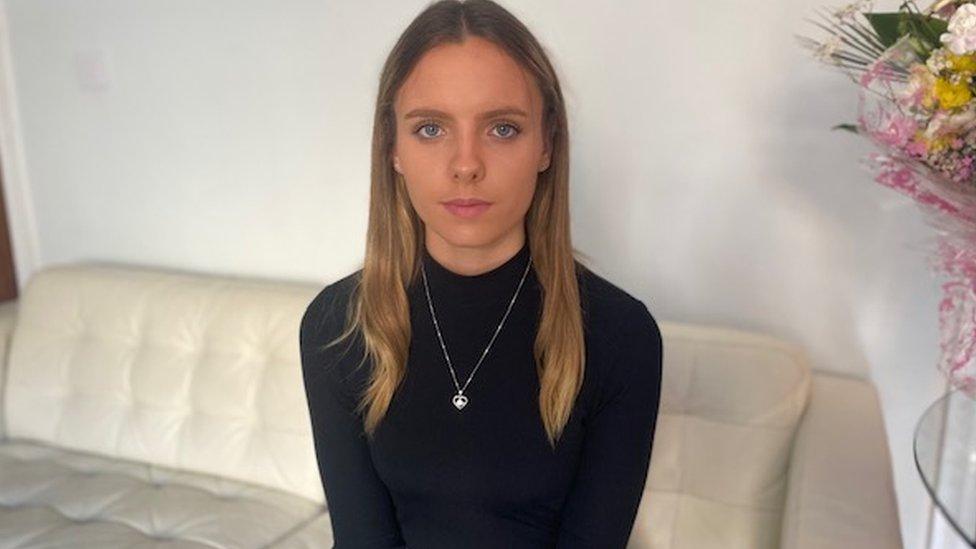
- Published6 December 2018
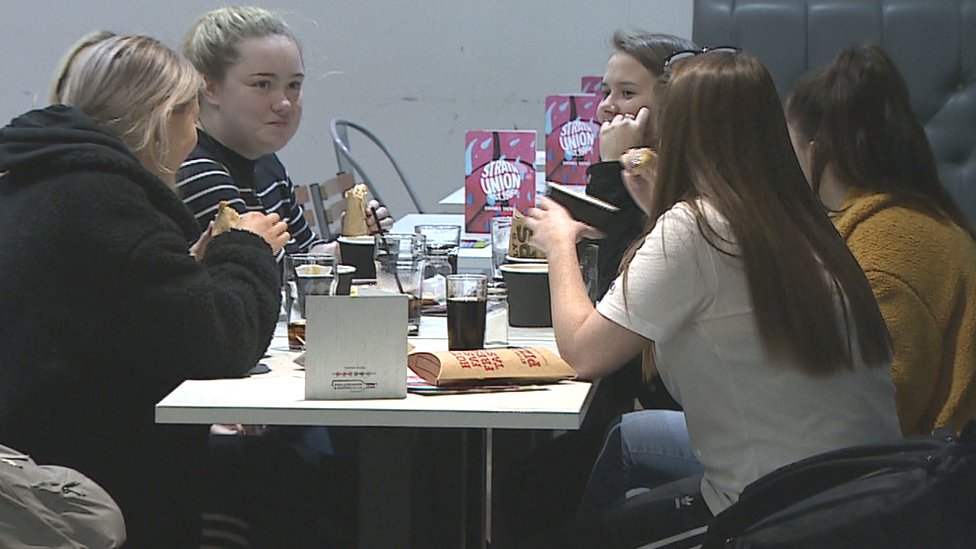
- Published6 December 2018
